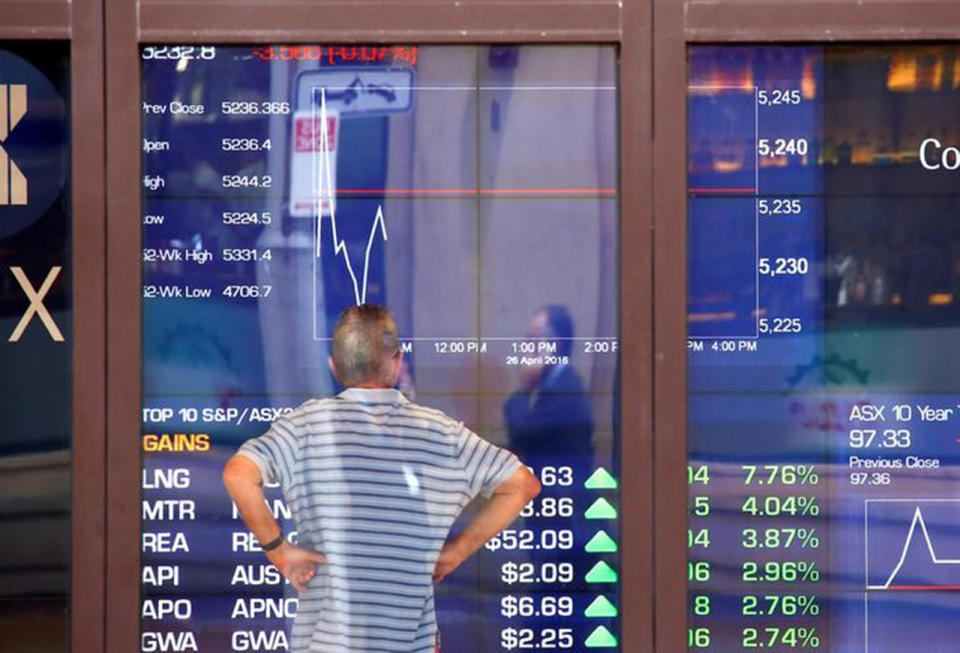Should you get out of property and into stocks?

Getting out of property and into stocks.
That seems to be a theme developing in the Australian market at the moment, with further evidence of a cooling in the housing market and a coincident lift in the value of the ASX hinting that those with money to invest are avoiding the ultra-expensive, low yielding housing market and instead are looking to the stock market for opportunities.
The Australia stock market is moving higher to the point where the ASX200 index is poised to break above 6,000 points for the first time since 2008. The past decade has been a rocky one for the Australian stock market.
Also read: 3 dividend shares with huge growth potential
There has been the GFC, a commodity price boom and bust, speculators have jumped into and out of bank stocks based on extreme calls on the housing market and many local firms have been dealing with an unrelenting threat from foreign competition.
Some of these issues remain, but a combination of factors appear to be at play in the new found interest in the share market.
Fundamentally important for the ASX outperformance has been the solid profit results from the corporate sector. Profits are being supported by growth in corporate earnings at a time when costs are being well contained by record low wage increases and record low interest costs for business.
With interest rates set to remain at record lows for many months (years?) to come, business profitability is likely to remain robust. A solid expansion in the global economy and still very easy monetary conditions in the advanced economies will continue to spill over to the Australian market.
Housing, on the other hand, is facing its inevitable cyclical downturn after many years of spectacular price increases.
Also read: Australia’s mining infrastructure boom may be over, but another is just beginning
While official interest rates have been at record lows, the banks have been hiking rates for those borrowing interest only and for investment purposes. There has also been a tightening in lending for investment purposes and credit growth is this segment is slowing. Loans for investment in dwellings are now unattractive.
Furthermore, the cost of housing is now a significant deterrent for fresh investment, a point compounded by the dismally low rental yield. In simple terms, buying a dwelling for investment purposes is losing favour.
Interestingly, compared to the levels of 2007, the overall level of the ASX is still down around 10 per cent, while Australian house prices have risen over 80 per cent, on average. Housing has proven to be the stand out investment.
It appears that this is starting to change.
With house prices set for a protracted period of weakness and with a very low rental yield, investors are likely to shun additional exposure to property.
Money flowing into the stock market will inevitably result.
If there is any sort of investor bandwagon towards the stock market as these trends become increasingly apparent, and history shows rising markets attract enthusiastic investors, the stock market could be set for solid growth, aided by strong investment inflows looking for yield as well as capital growth.

 Yahoo Finance
Yahoo Finance 
